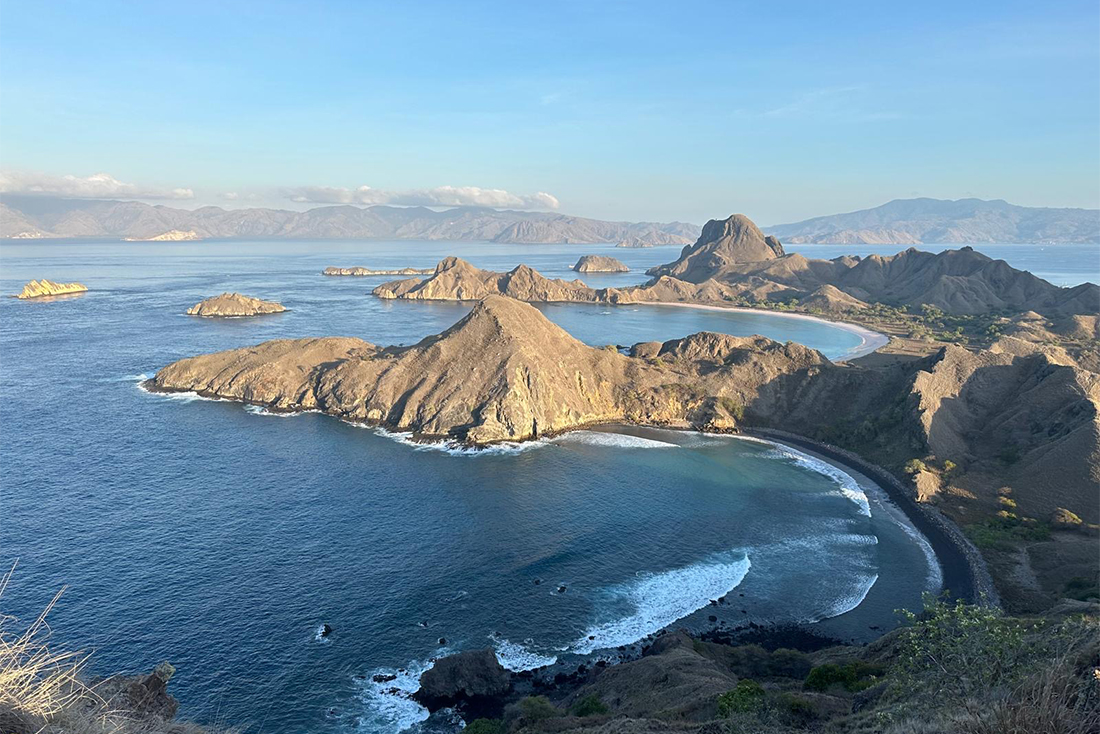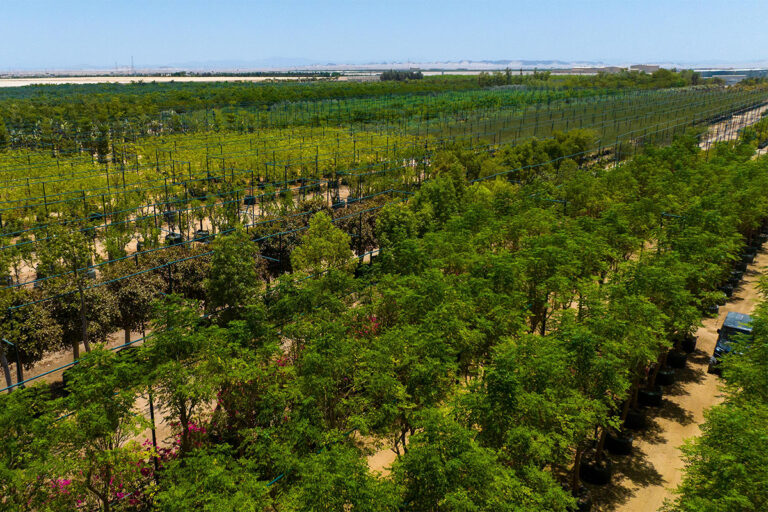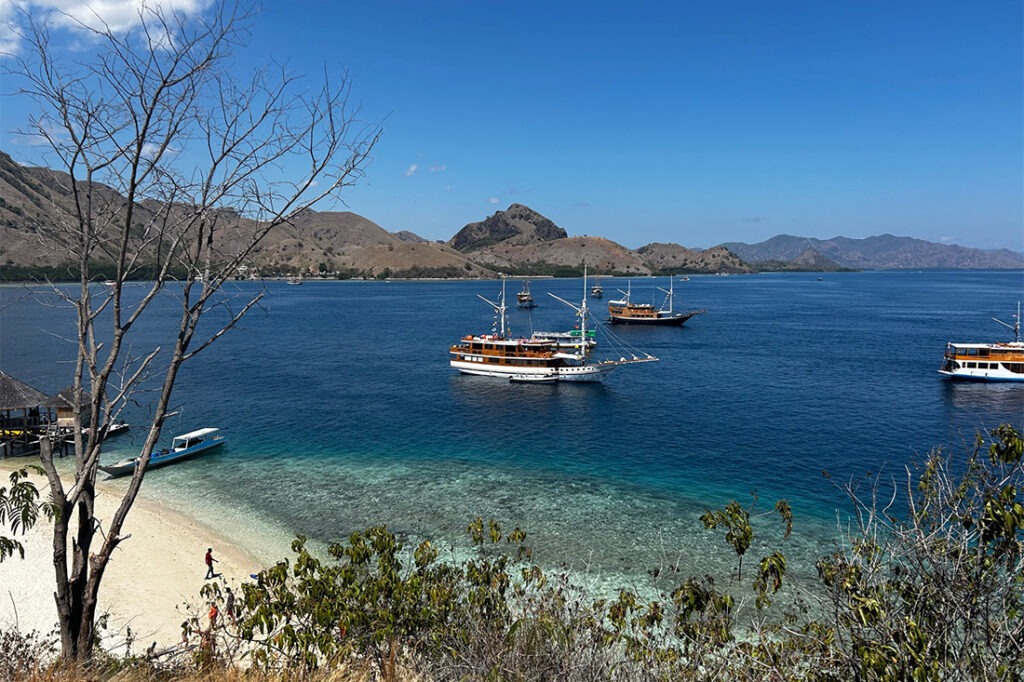
Adventure is the beating heart of travel, a powerful counterpoint to the predictability of modern life. In Indonesia, where the dramatic landscape is shaped by the raw forces of nature, adventure takes on a new dimension. Here, the allure of the unknown—whether in the shadow of a volcano, beneath the surface of a coral reef, or along a rugged mountain trail—offers travelers something more profound than mere excitement. It offers the opportunity to confront the delicate balance between thrill and risk, and in doing so, rediscover a vital part of the human experience.
Indonesia’s islands, from the iconic shores of Bali to the untamed beauty of Lombok and the Gili Islands, are not just destinations—they are stages where nature’s power and unpredictability are on full display. The appeal of these places lies in their ability to push travelers out of their comfort zones. The towering peaks of active volcanoes like Mount Rinjani on Lombok remind us that the earth beneath our feet is far from static. The tremors that occasionally ripple through the ground serve as a potent reminder that this is a living, breathing planet—one that demands both respect and vigilance.
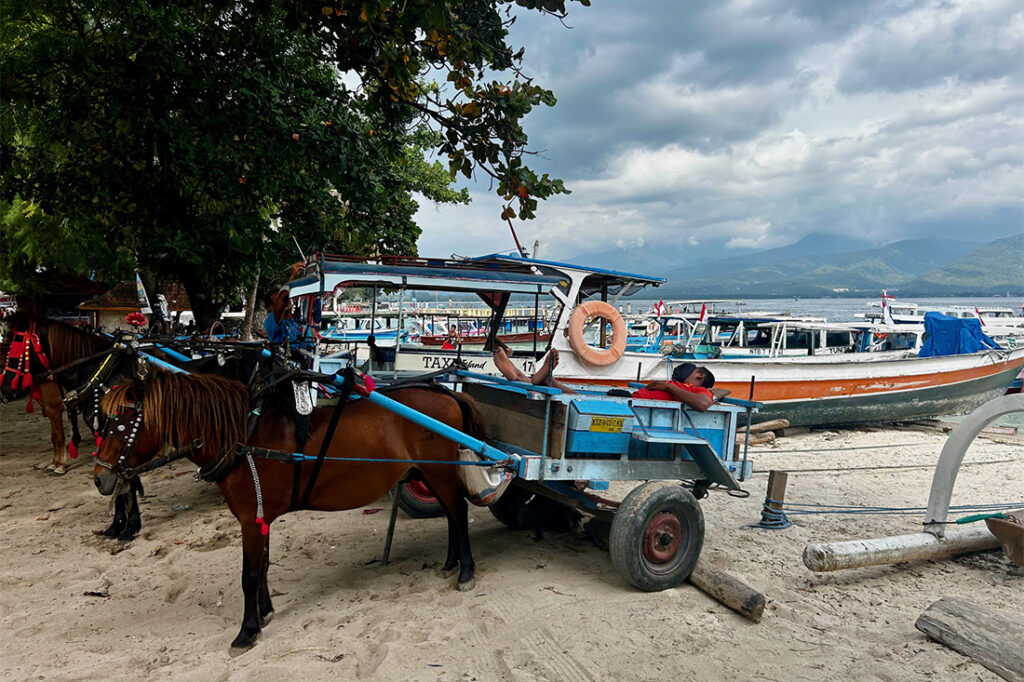
Diving in the Gili Islands, with their vibrant coral reefs and teeming marine life, encapsulates the paradox of adventure tourism. The underwater world, while mesmerizing, is also a domain where human control is limited. It’s a place where the rules of survival shift, where the beauty of the ocean is inseparable from its dangers. The thrill of exploration here is heightened by an awareness of the risks—whether it’s the silent menace of decompression sickness or the sudden appearance of a large, curious predator. Yet, it is precisely this balance of beauty and danger that makes the experience so deeply rewarding.
In an era increasingly dominated by the pursuit of safety and predictability, adventure tourism stands as a necessary rebellion. It pushes back against the sanitized, carefully curated experiences that have come to define much of contemporary travel. Instead of simply consuming destinations, adventure tourists engage with them, testing their limits and confronting the unknown. This form of travel is not just about seeking thrills; it’s about cultivating resilience, adaptability, and a deeper connection to the world.
The rising popularity of adventure tourism reflects broader shifts in global travel trends. In the wake of a pandemic that has reshaped how we think about mobility and safety, travelers are seeking more authentic, transformative experiences. They are drawn to places where the natural environment remains untamed, where the thrill of discovery is paired with the challenges of navigating an unpredictable world. Destinations like Bali, Lombok, and the Gili Islands are at the forefront of this movement, offering not just picturesque landscapes but also the opportunity to engage with nature on its own terms.
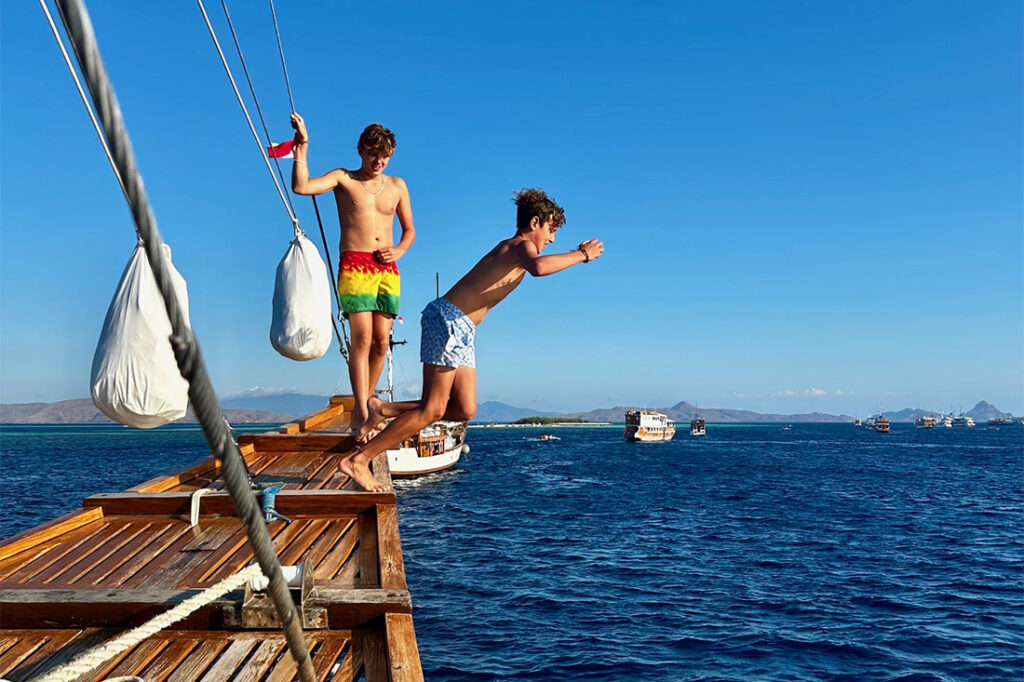
However, with this growing interest in adventure comes a heightened responsibility. The natural environments that make these experiences possible are increasingly fragile, and the impact of tourism on local communities cannot be ignored. Sustainable practices, both by travelers and the tourism industry, are essential to ensuring that these precious landscapes remain intact for future generations. Adventure, after all, should not come at the cost of the very places that make it possible.
In a world where the boundaries of safety are ever-expanding, the pursuit of adventure offers a crucial reminder: life’s most profound moments often occur at the intersection of risk and reward. By embracing the uncertainty and unpredictability of places like Indonesia, travelers are not just escaping the mundane—they are reconnecting with the essence of what it means to be truly alive.
In this sense, adventure tourism is not just a trend; it is a vital expression of our enduring need to explore, to challenge, and to grow.





